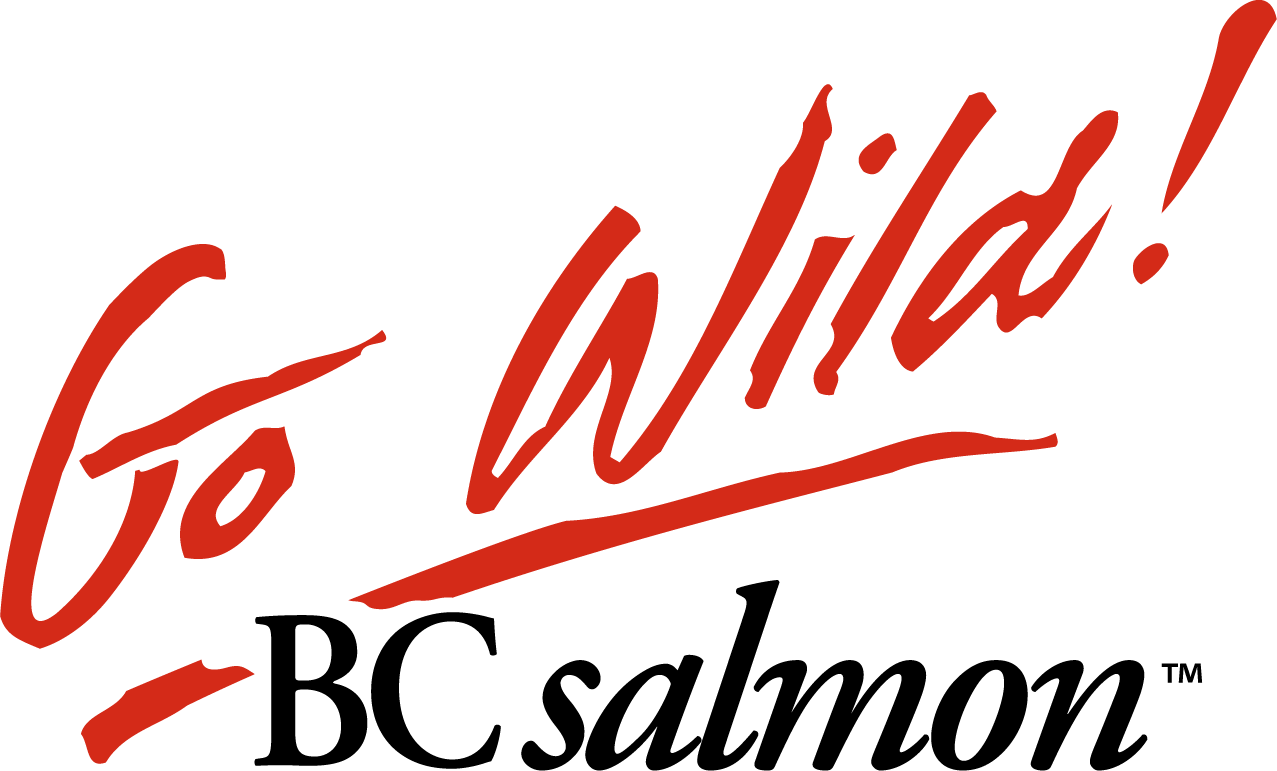Letter from the BC Seafood Alliance re: 2019 Chinook Fishery Closures
The BC Seafood Alliance Executive Director wrote this letter to The Hon. Jonathan Wilkinson - Minister of Fisheries, Oceans and the Canadian Coast Guard to address the grave concerns over the recent decision regarding the closures of Chinook fisheries in BC and their devastating financial impact on the lives of many in coastal communities and in the commercial and sport fishing sectors. Read the full text of the letter below…
26 April 2019
The Hon. Jonathan Wilkinson
Minister of Fisheries and Oceans and the Canadian Coastguard
15th Flr, 200 Kent Street K1A 0E6
Ottawa, ON
Dear Minister:
Re: Your Recent Decision re Area F Chinook Fisheries
I am writing to express my members’ dismay and disappointment over the recent announcement on commercial chinook closures and how this affects the Area F troll chinook fishery and the fishing families that depend on it in order to increase prey for Southern Resident Killer Whales (SRKW) and address other conservation concerns
The Alliance has been a committed partner of the government in SRKW recovery since the SRKW Symposium in October 2017, including participating in at least three Technical Working Groups the Integrated Multi-Stakeholder Group.
At the Symposium we noted that the Area F troll chinook fishery was a model of modern fisheries management with catch shares, a solid monitoring system of 100% log book reporting and 100% dockside monitoring along with extensive DNA catch composition tracking and run timing analysis to ensure it was not targeting Fraser chinook and other stocks of concern. This science-based approach allows the fishery to manage complicated stock conservation measures efficiently and accurately. No other salmon fishery in the world is more advanced than the Area F troll chinook fishery when it comes to enhanced monitoring and compliance practice adoption, the cornerstone of sustainable fisheries management.
Fraser chinook stocks, especially Fraser 4-2 and 5-2, have always been key to the management of this fishery as harvesters want to see these stocks rebuilt for many reasons. Before this season, Area F advisors met with DFO resource managers and put together a fishing plan that reduced possible interception of Fraser chinook and other stocks of concern through a delayed opening and a mid-season closure. The agreed plan was for a July 10-August 9 chinook opening possibly a slightly later start), then a closure and a re-start on August 20 even though this meant that Area F could not catch its full Pacific Salmon Treaty allocation. The timing was carefully calculated to ensure that stocks of concern would have completed their migration through the North adding at least 17,000 fish for SRKW and chinook escapement.
We were therefore shocked by your announcement that the Area F fishery for chinook would not open at all until August 20. This shock is compounded by the fact that this closure while having huge economic consequences for fishing families on the Coast will not do anything for SRKW or the conservation of Fraser chinook stocks of concern. In addition, the abundant Fraser and U.S. bound chinook stocks that would otherwise have been harvested in the Area F fishery will be effectively reallocated to others without any compensation to Area F which seems grossly unfair. This is particularly distressing because these other
fisheries have far less comprehensive catch reporting and management than the Area F fishery which knows exactly when, where and what stock of salmon they are catching through intensive DNA testing, head recovery, CWT, dockside monitoring and logbook data.
We remind you that the trial judge in her Ahousaht et al decision last year noted Canada’s testimony on the inadequacy of recreational monitoring and said that
Canada makes the same point with respect to recreational fishing that its witnesses made throughout the trial: monitoring in the recreational fishery is poor, must be improved, and is not a model for anything.
How can a government reallocate fish needed for SRKW and escapement from a well-managed fishery to one that is not? Especially when we have always been assured that those who adopt enhanced monitoring and compliance will be rewarded with better access.
We note as well your government also professes a desire to increase small boat and owner-operator fisheries on the West Coast. Yet without access this is meaningless. Several young fishermen have recently bought into the Area F fishery because it is well-managed and scientifically defensible and produces a topnotch product that commands premium pricing. Their world is now turned upside down. The Area F chinook fishery supports some 300 families, mainly in small coastal communities, not to mention all the others that make a living of it such as dockside monitors, catch samplers, offloaders, truckers, grocers and plant workers. They are now being forced to look at EI as an uncertain coho fishery and a delayed and much shorter chinook season will not enable them to cover their expenses much less support them over the winter. We also risk losing small scale processing facilities in the North which in turn would threaten already fragile infrastructure. That would mean no ice, no offloading, no vessel refrigeration repair capacity and the loss of even more jobs.
We ask for an urgent meeting with you and your staff to discuss this decision and its consequences for fishing families with no benefit to SRKW or Fraser chinook escapement, not least to the reputation of your government for science-based decision making.
Yours sincerely,
BC SEAFOOD ALLIANCE
Christina Burridge
Executive Director
cc. Rebecca Reid, DFO
Andrew Thomson, DFO
Full Members Associate Members
Area B Seine Association BC Salmon Marketing Council
BC Tuna Fishermen’s Association Canadian Groundfish Research & Conservation Society
Canadian Sablefish Association Canadian Pacific Kazunoko Association
Deep Sea Trawlers Association Herring Conservation & Research Society
Fisheries Council of Canada Pacific Coast Fishermen’s Mutual Marine Insurance Co.
Gulf Troll Association Seafood Producers Association of BC
Pacific Halibut Management Association
Pacific Prawn Fishermen’s Association
Pacific Sea Cucumber Harvesters Association
Pacific Urchin Harvesters Association
Underwater Harvesters Association

